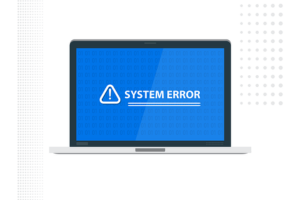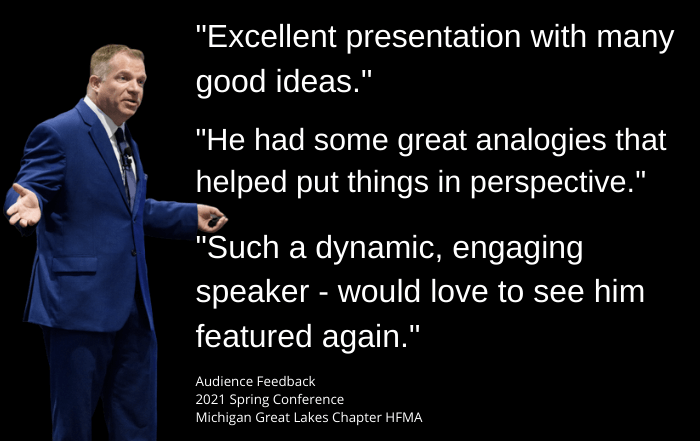 While right now many are dealing with the pain of the problem, you can take some good business lessons from CrowdStrike. The company’s software crash left airlines, banks, and many other industries scrambling to operate.
While right now many are dealing with the pain of the problem, you can take some good business lessons from CrowdStrike. The company’s software crash left airlines, banks, and many other industries scrambling to operate.
This is not an article about the impact of bad computer code. Instead, it’s about how leaders can respond to an unexpected challenge.
In these situations, the problem may not be your responsibility but people are looking at you for solutions. Let’s break down my business lessons from CrowdStrike.
Fix the Problem Mentality
Do you consider an unexpected problem to be something you tolerate or solve? One scenario sees an emergency all-hands meeting to uncover solutions. The other has people working on their normal schedules and meet in a few days.
Ignoring a problem or delaying a response rarely solves the problem.
Some leaders are what I call, Good Times Leaders. They are very successful at running the show when things are going well. They run a business that produces well and has good morale.
But when a challenge or crisis appears, they don’t know what to do. This leads them to isolate and feel like they have to solve the problem on their own, even if they feel they are out of their depth.
With the unexpected, a fast team-oriented approach will usually lead to the best possible outcome.
Find Workarounds
When something unexpected makes it hard for your business to function, you need to find ways to make it as operational as possible. These workarounds may not be effective, easy, or pretty but they are a better alternative than nothing.
In this situation, time is important. Don’t get delayed by a desire for perfection.
It’s also not a bad idea, ahead of time, to consider how basic functions could be performed, if your usual methods suddenly become unavailable. While the exercise may seem unnecessary, you’ll love this backup approach when the unexpected happens.
Communicate to Employees and Customers
Some leaders hate to admit any problems or issues to employees or customers. But not talking about a challenge does not make it invisible.
Demonstrate transparency in these moments. You don’t have to tell the whole story but do share the basics.
Customers will be forgiving and employees will work harder if they have an understanding of the situation. It’s hard to do either if the problem is only discussed in hushed tones.
In the absence of information, people will create their own narratives of the situation.
Defined Roles
Finally, one of the most important business lessons from CrowdStrike, is to make sure your team has defined roles. During a crisis, these may be different from normal responsibilities.
You don’t want multiple people trying to do the same task, with different approaches. For instance, when something goes wrong, you want your customer outreach to provide one clear message.
It may also become important to adjust daily staff responsibilities, so people can focus on the new challenge.






